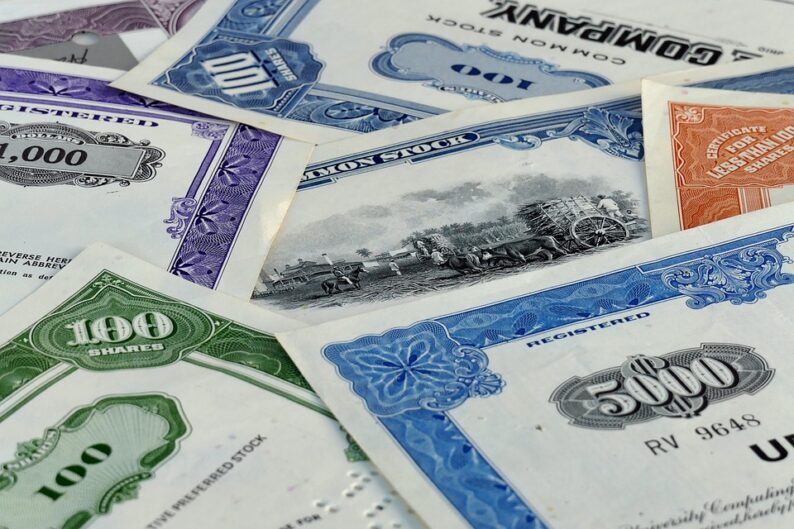 Image Source: Pixabay
Image Source: Pixabay
As you know, I’ve been pounding the table on bonds lately. Interest rates are at their highest levels in nearly a generation, which is finally allowing bond buyers to earn some real income.If rates decline next year (as many are expecting), that should lead to profits as well, as bond prices move in the opposite direction of interest rates. So if rates fall, bond prices will rise.Furthermore, bonds are less risky than stocks, because bondholders are guaranteed to get their money back at maturity unless the underlying company goes bankrupt. Stockholders have no such guarantee. But in exchange for the higher risk of owning stocks, equities owners typically make more money over the long term.Today, however, there is a unique opportunity to generate long-term stocklike returns with almost no risk. And to make it even sweeter, the IRS can’t put its grubby hands on the money.Some municipal bonds (also known as munis) are currently paying more than 5%.Now, you may be thinking, “Wait a second… 5% is nice, but it’s hardly a stocklike return.”And you’d be right… partially.Since 1971, the S&P 500 has generated an annual return of 7.6%. But don’t forget that dividends and capital gains are taxed, so an investor wouldn’t have taken home the full 7.6%.Most muni bonds, however, are tax-free. You don’t pay any federal tax on the income, and if you live in the state that issued the bond, you don’t pay any state tax either.So when you look at a muni bond, you have to figure out the taxable-equivalent yield to see whether it makes more sense to buy a taxable bond with a higher return or a tax-free muni bond with a lower return.Today, you can buy a Missouri Highways and Transportation Commission (CUSIP 60636wnu5) May 2033 bond that has a yield to maturity – a common way to express a bond’s annual return – of 5.42%. In other words, you can expect to earn about 5.4% per year for 10 years tax-free.To calculate the taxable-equivalent yield, you simply divide the bond yield by 1 minus your tax rate.You can also find free taxable-equivalent yield calculators online, such as this one. But let’s go through the math on this bond so you can see what I’m talking about.Let’s say you’re in the 32% tax bracket. We take the 5.42% yield to maturity and divide it by 1 minus 0.32, or 0.68. So 5.42% divided by 0.68 equals 7.97%. You’d need to earn more than 7.97% per year in a taxable investment to beat this particular muni bond.Remember, stocks return an average of 7.6% before taxes. This muni bond returns 7.97% on a taxable-equivalent basis for bondholders in the 32% tax bracket. That return is guaranteed, and the bond has a very high rating of AA+, which means there is almost no chance of default.The risk with bonds is opportunity risk. By owning this bond, you are guaranteed a 7.97% annual taxable-equivalent return for 10 years, so if stocks have a big decade, you could miss out on some gains. Of course, if we hit a nasty period, stocks may return less than your bond or even lose value.There are a few other things to keep in mind. First, your money would not be locked up for 10 years. You could sell the bond anytime you wanted. You just wouldn’t be guaranteed the same return if you were to sell early. It could be higher or lower depending on the price at which you sold the bond.Also, the taxable-equivalent yield will depend on your tax bracket. If you’re in a lower tax bracket, then the taxable-equivalent yield will be lower, so there may be some better deals out there in taxable bonds and stocks. If you’re in a high tax bracket, then muni bonds become more valuable.Finally, you can generate even greater returns by buying bonds that have lower ratings, but when it comes to munis, I wouldn’t buy anything rated lower than A. After all, one of the attractive features of munis is the certainty that you’ll be paid back in full at maturity.It’s definitely worth your time to make sure you understand muni bonds. I recommend you look for some good opportunities to generate tax-free income and returns with almost no risk.More By This Author:Why Bonds Belong In Your Portfolio
Is A 53-Year Streak Of Dividend Growth Ending For Illinois Tool Works?
Today Is The Perfect Day To Buy Bonds













Leave A Comment